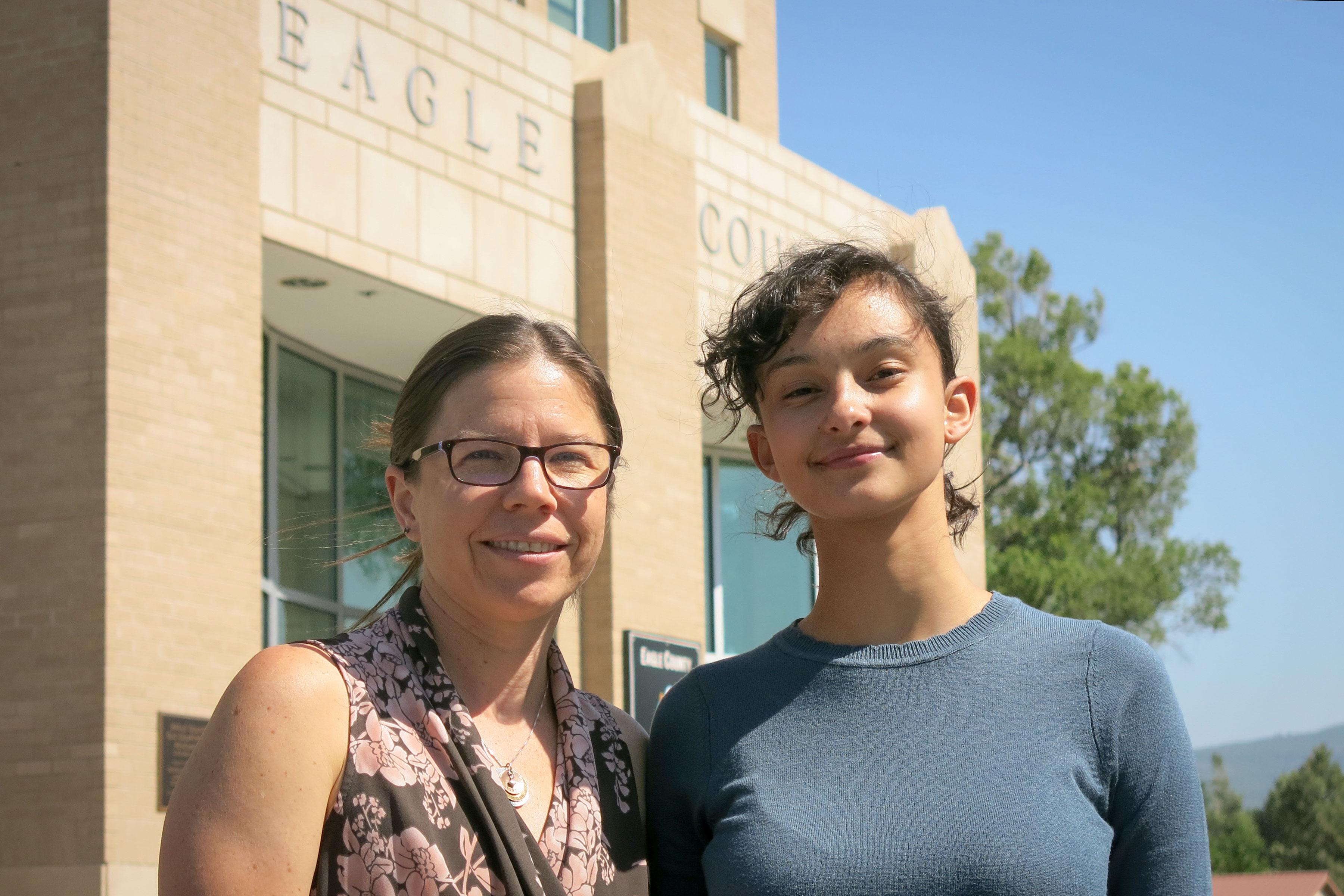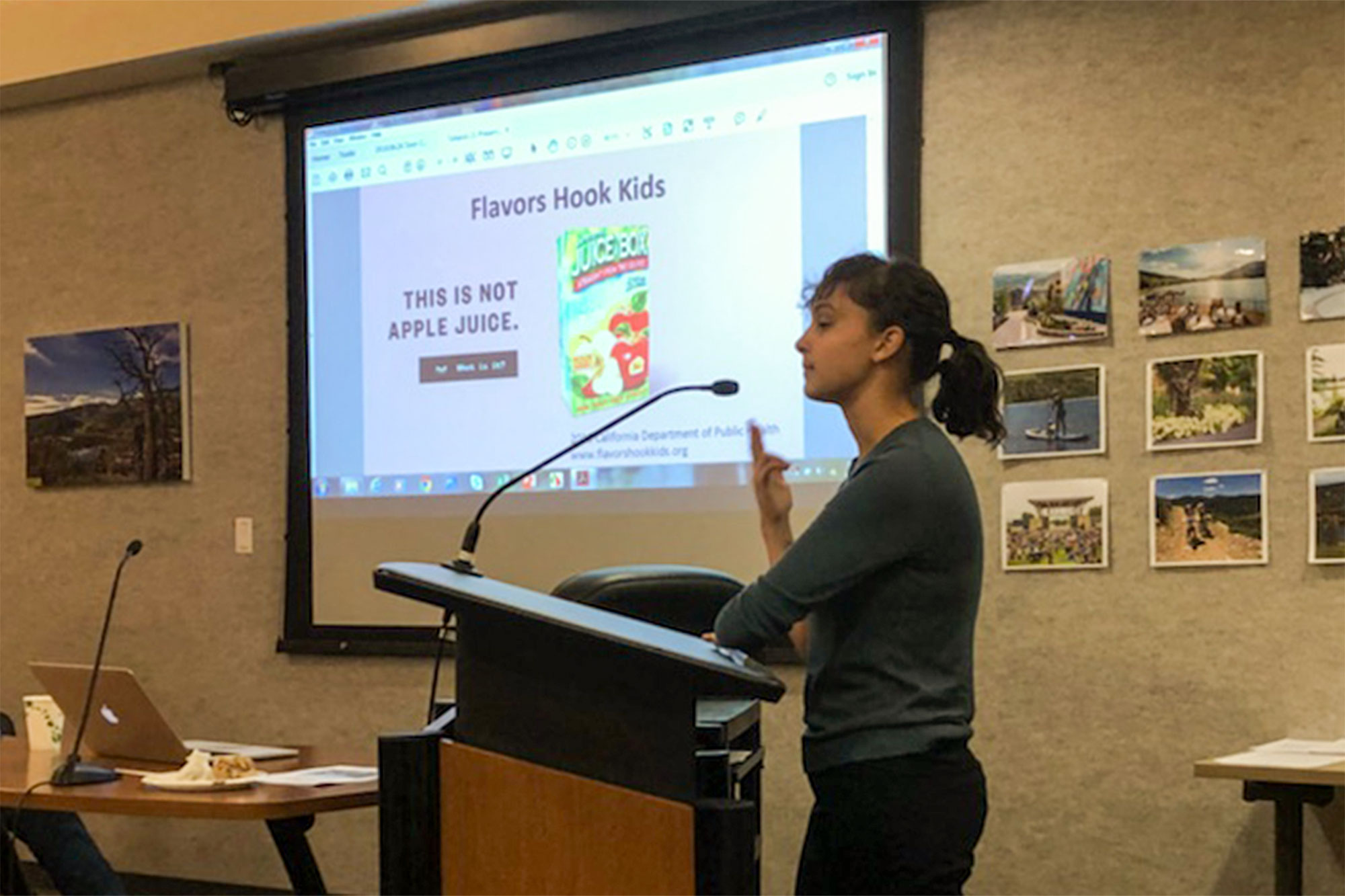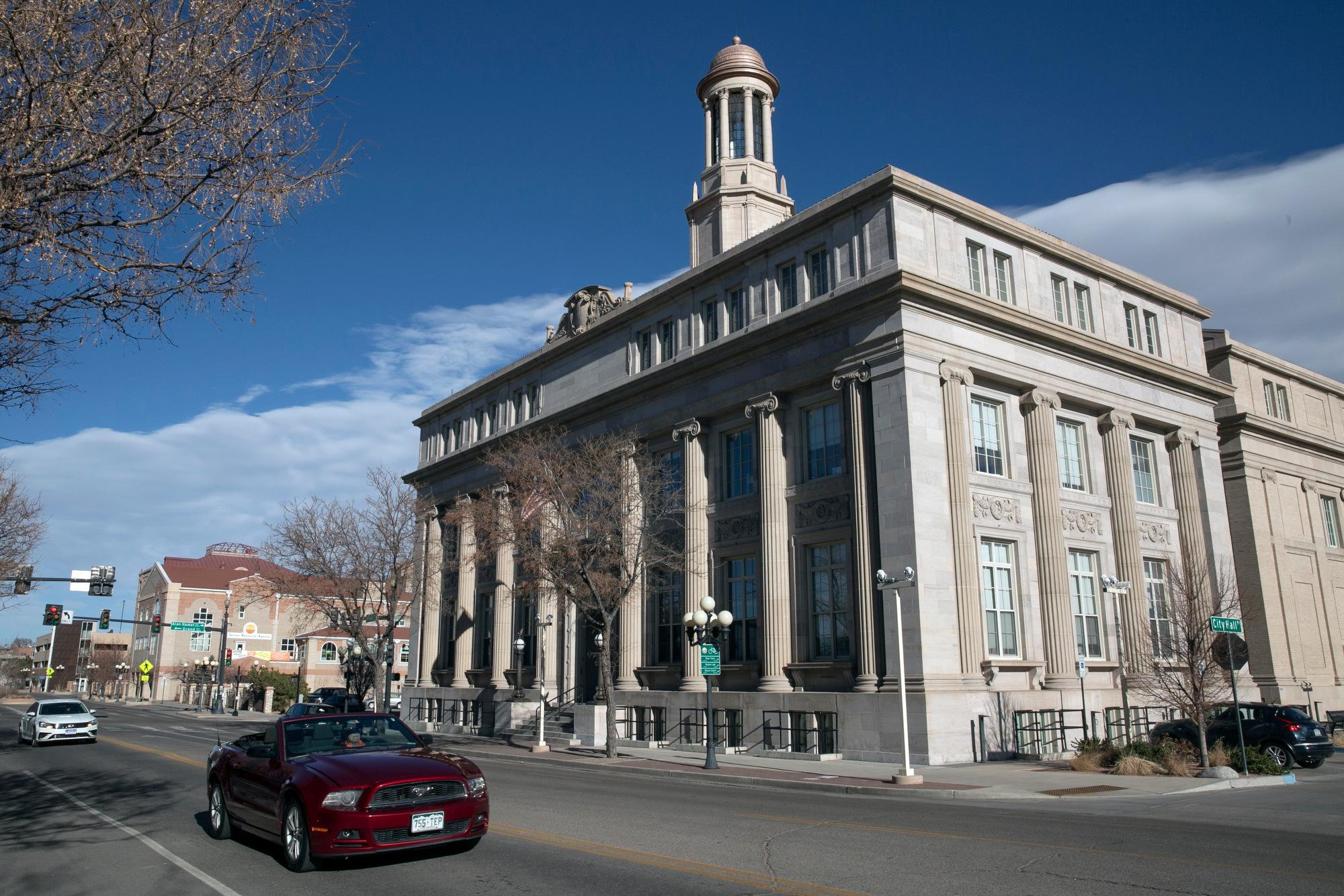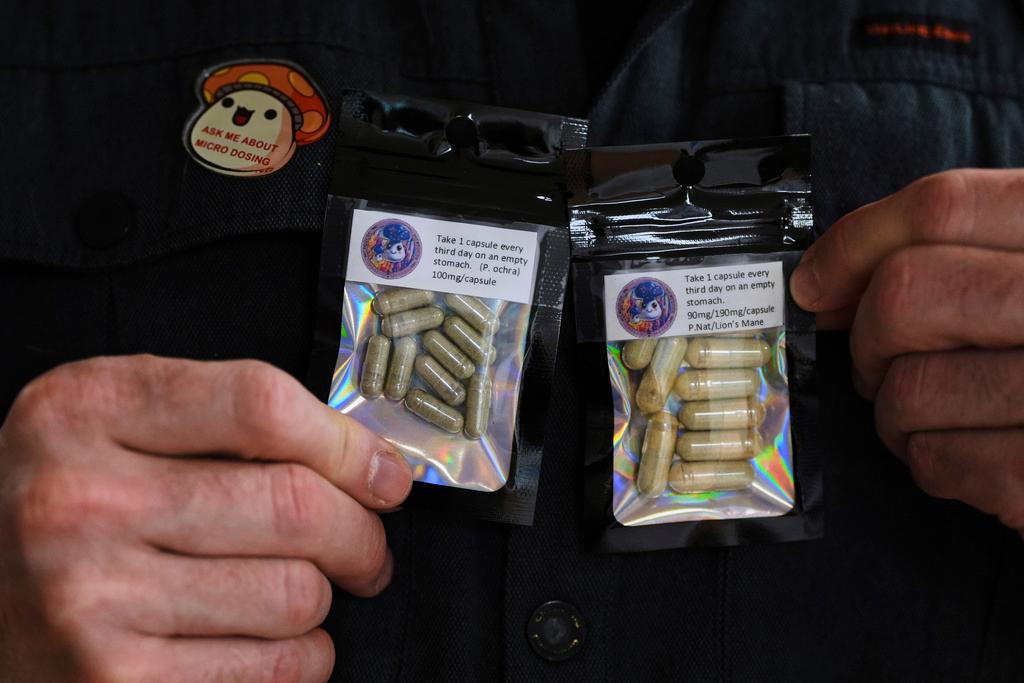

Colorado tops 37 other states for e-cigarette use among high school students, according to a national school-based survey by the Centers for Disease Control and Prevention. More than a quarter of Colorado high schoolers currently use e-cigarettes and almost 6 percent say they use them frequently.
The state had a high vaping prevalence, but Alison Reidmohr, tobacco communication specialist with the Colorado Department of Public Health and Environment, was “surprised to see the highest in the nation.” She noted it’s nearly double the national average, and appears to be driven by the popularity of the Juul brand.
The finding, based on states that participated in the survey and had available data, coincides with a push in several Colorado mountain towns to raise the minimum age for tobacco and nicotine purchases.
The resort town of Aspen passed the state’s first such law in 2017. Neighboring Basalt followed suit. Mandy Ivanov, nearby Eagle County’s health promotion coordinator, said most adult smokers in the U.S. started before they were 18. Her summer health intern, 16-year-old Eagle Valley High student Lilly Reynolds, is working on the project because she sees the rising number of classmates vaping, many using Juuls.

“I could see definitely down the road this getting kind of worse,” said Reynolds, who estimates a third of her classmates vape regularly, often ducking into the school bathroom. “But I think right now, we kind of need to do what we can, and I think Tobacco 21 as a good place to start with that.”
Tobacco 21 is a national campaign to raise the minimum legal age for sales of tobacco and nicotine.
Dr. Kim Levin, an emergency room doctor and Pitkin County medical officer, is “very concerned about Juuls,” and said Tobacco 21 will cut down on sales between “social sources” — older teens buying the sleek and small e-cigarettes for their younger peers. And that, she said, will lead to fewer teens becoming adult smokers.
“If you cut off that supply from the 18-year-olds, it’s really going to be a lot harder for a freshman and for a sophomore in high school to be getting them,” Levin said.

The debate echoes a wave of fights nationally over tobacco. Earlier in June, voters in San Francisco upheld, by a wide margin, a ban on the sale of flavored vaping products. The industry poured money into a failed effort to stop the ban.
In Colorado, industry groups are also taking a position. Tom Briant with the National Association of Tobacco Outlets likens the position of raise the age advocates to “a nanny states-type situation.”
Groups representing tobacco, vaping and convenience store interests all oppose Tobacco 21. Briant’s group represents 60,000 retail stores that sell tobacco. At 18, you get certain rights and privileges, like running for public office, the ability to marry or buy a car, he said.
“You’re now an adult,” Briant said. “So you should be, at that age, able to make your own decisions on what legal products you purchase or not.”
There’s another group against the Tobacco 21 initiative: The Colorado Wyoming Petroleum Marketers Association, which represents 2,200 retailers, including convenience stores. Executive Director Grier Bailey said that a few years ago, Colorado lawmakers opted not to take Tobacco 21 statewide. For Bailey, local laws raising the purchase age won’t stop teens from buying online or in another town.
“It’s like drinking,” Bailey said. “People who want the products are going to be able to get the products. They just won’t be getting them from responsible retailers.”
But Levin said the move aims to protect the health of young people.
“As a child you need some guidance and some help in terms of what is this going to do for the rest of your life if you start smoking cigarettes now,” Levin said. The new laws don’t make it illegal to buy tobacco products, “it’s simply raising the age of purchase.”

The national Tobacco 21 campaign started after a town in Massachusetts raised the legal sales age from 21 and saw a sharp drop in teen smoking. A 2015 study from the Institute of Medicine found a nationwide policy could bring similar sharp cuts in youth initiation and overall smoking rates.
Meantime, other resort towns are considering whether to enact a Tobacco 21 ordinance. That includes Carbondale and Avon. Eagle County health coordinator Mandy Ivanov and intern Lilly Reynolds are talking with officials in both towns about the move.
Reynolds hoped their efforts will spark conversations, especially between teens and parents.
“If they raise the age then I’ll probably at least bring awareness to the severity of the issue,” Reynolds said.
To date, five states and more than 320 cities and counties have raised the legal sales age for tobacco from 18 to 21. Backers of Tobacco 21 say if enough localities sign on, they hope to take the effort statewide, adding Colorado to the list.









